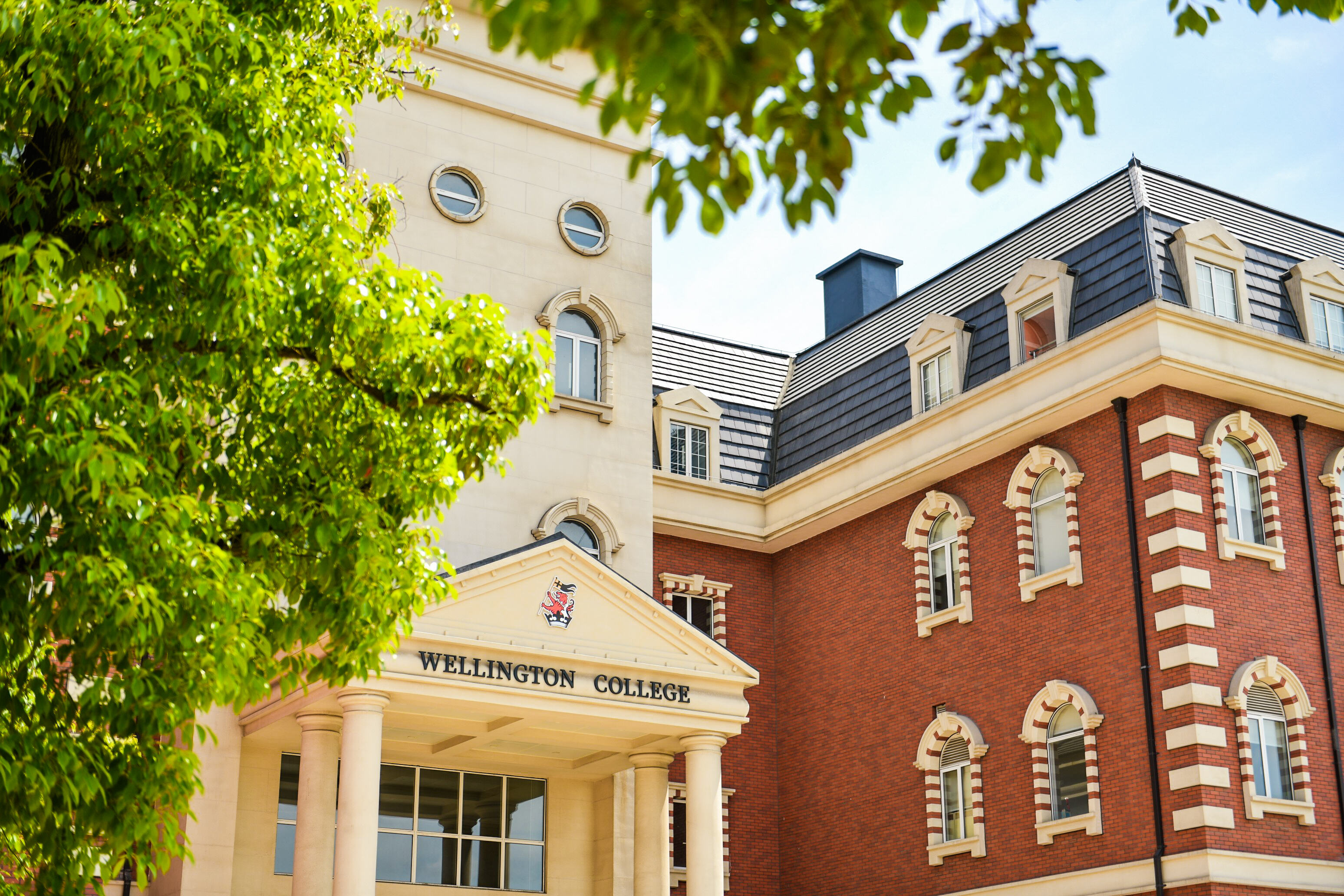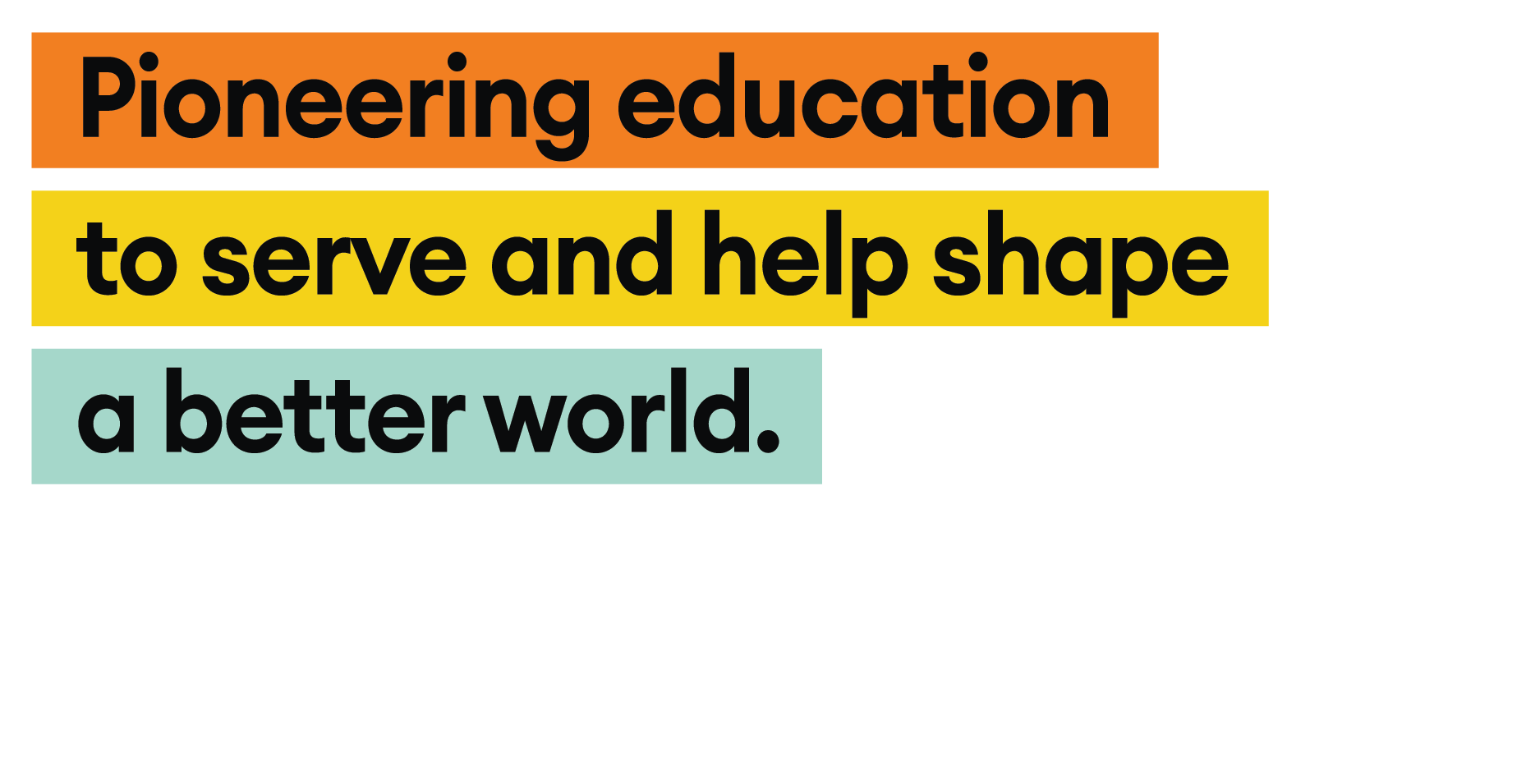Expanding Horizons: Mastering Modern Foreign Languages
In today's interconnected world, the ability to understand and communicate in multiple languages is more important than ever. At Wellington College International Hangzhou, we recognise the immense value of Modern Foreign Languages (MFL) and are deeply committed to integrating French and Spanish into our curriculum.
By offering a robust MFL program, we are not only preparing our pupils to excel in a competitive global market but also nurturing open-minded, empathetic and culturally aware individuals. We are proud of our commitment to MFL education and confident that it will continue to enrich the lives of our pupils, empowering them to become true global citizens.
To provide deeper insights into our MFL program, we spoke with Catherine, the Head of Modern Foreign Languages at Wellington College International Hangzhou. Her passion for languages and dedication to fostering a comprehensive language learning environment is a cornerstone of our institution's success.
Catherine Rakotondradano
Head of MFL
Born in Paris and raised in a multicultural environment on the French island Martinique, Catherine developed her joy and passion for languages from her youth and numerous voyages. Quickly, teachers detected her as a gifted student for languages. Today, she fluently speaks French, English, Spanish and Creole, has some basics in German and Latin and has begun to learn Arabic. Her next goal: Mandarin.
Catherine believes that learning is a life-long process which never ends. Schools have the responsibility to build world citizens, who will be able to make the right decisions for the planet, the community and themselves. Learning a language plays a great part in the construction of those open-minded individuals and Catherine is proud to play her role in the development of foreign languages at Wellington College International Hangzhou and China in general.
How is the French and Spanish curriculum structured in the Senior School?
Overall, the curriculum aims to develop not only language proficiency but also critical thinking and intercultural competence, preparing pupils for further studies or practical use of the languages in real-world contexts. The curriculum emphasises on vocabulary acquisition, grammar and everyday conversational skills.
As pupils progress to IGCSE level, they engage with more complex grammatical structures, cultural contexts, and thematic units that explore topics such as history, literature and contemporary issues relevant to French and Spanish-speaking countries. Additionally, opportunities for immersive experiences, e.g. our trip to Paris last year, enhance language acquisition and cultural appreciation.
What strategies do you use to engage pupils who might be struggling or less interested in learning a new language?
We encourage small, achievable goals and celebrate progress to help build confidence. Personalising lessons and creating a supportive, low-pressure environment also fosters curiosity and reduces fear of making mistakes.
How do you assess and track the progress of pupils in their language learning journey?
To assess and track pupils' progress in their learning, a combination of formative and summative assessments is essential. Regular quizzes, in-class activities and informal assessments allow to evaluate their understanding and skills across speaking, listening, reading and writing.
We highly and regularly promote self-assessment and peer reviews to develop collaborative learning. Combined with regular constructive feedback, it helps pupils understand their strengths and areas for improvement.
Our IGCSE results have been outstanding. What do you think has contributed to this success?
The outstanding IGCSE results can only be attributed to the hard work of our pupils. Yes, we provide an excellent structure with talented teachers. However, we constantly emphasise the importance for our pupils of taking responsibility pupils for their own learning. They have to be committed and dedicated for these excellent results to happen as they have.
How important is cultural awareness in language learning, and how do you foster this in your pupils?
Cultural awareness is an essential part in language learning but often undervalued. Recognising cultural nuances helps pupils to appreciate the context behind language use, fosters empathy, and enables them to engage more meaningfully with speakers of that language.
To this end, we incorporate history, literature, music and cinema from different regions where the language is spoken. We also discuss cultural practices, traditions and social issues relevant to the target language.
What resources do you recommend for pupils who want to practice their language skills outside the classroom?
In Wellington College International Hangzhou, pupils use Education Perfect, an online platform with which they can learn, and practice the vocabulary needed. We highly recommend daily practice, even for a short period of time, rather than long hours in one go.
What are your goals for the MFL department in the coming years?
We aim to see our department to continue to grow, attract more talented linguists and become a model of excellent practice in Hangzhou.
Related Articles
_1753757666549.png?x-oss-process=image/interlace,1/resize,m_lfit,w_1200/quality,q_90/format,webp)

















